As part of her Gold Arts Award, Grace has researched an arts issue. Here, she presents the results of her research and her opinion on Diversity in Western Classical Music. Grace independently chose this issue and has not commissioned any research. Grace has used publicly available resources to form her argument.
What arts issue have you chosen and why?
I have chosen to look at the issue of a lack of cultural diversity in Western Classical Music. The main reason for this is its harmful, deep-rooted nature (e.g., through exclusion, lack of role models, or limited representation). I hope to construct a fully developed, comprehensive, and evidence-based explanation about the true implications associated with a lack of diversity. In doing so I will look at a wide range of sources to truly understand the extent in which cultural exclusion impacts Western Classical Music. My main aim is to raise vital awareness about the experiences on black and ethnically diverse musicians, both historical and modern.

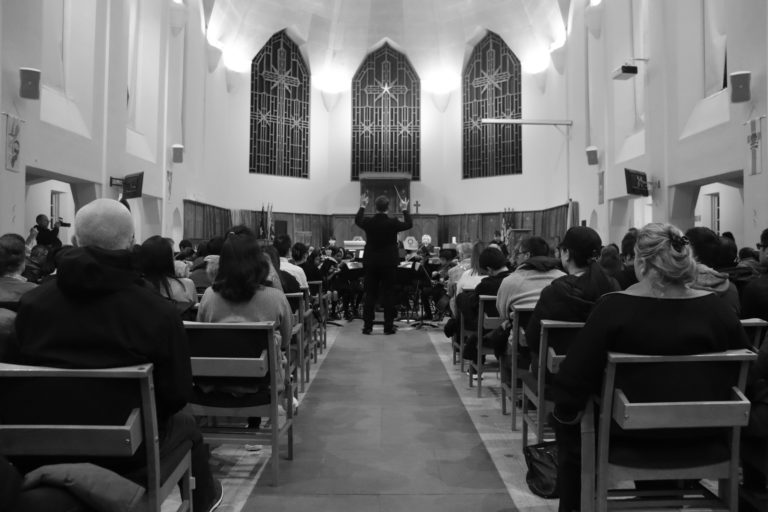
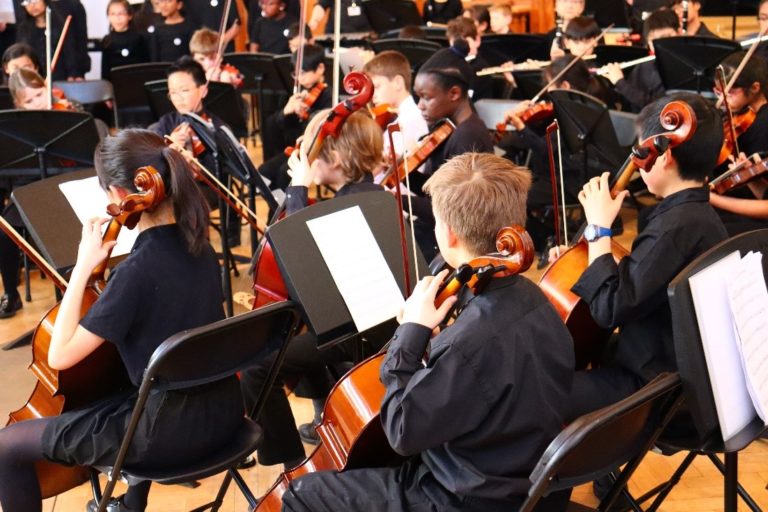
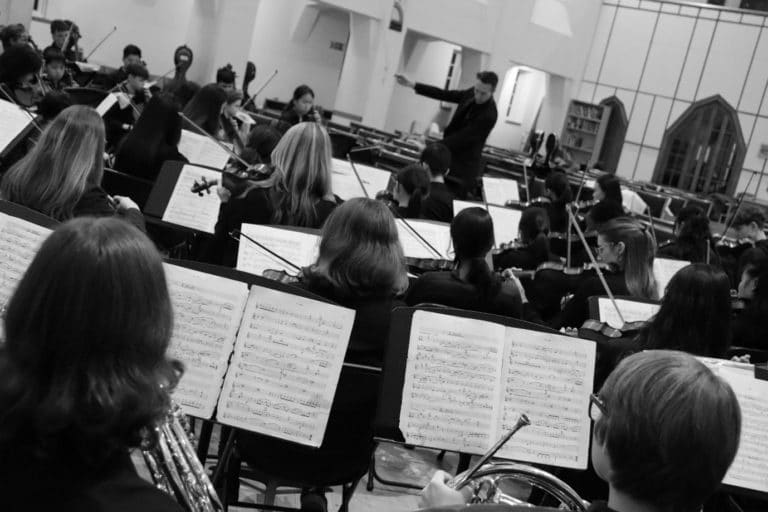
What evidence is there to support your view? Do other people share your opinion?
As shown by the Arts Council England report on equality and diversity within the arts and cultural sector (Arts Council England, 2014), there was an absence of data on the ethnic background of almost a quarter of staff surveyed, equating to nearly 19,000 people. Data on the ethnic background of the cultural workforce, including music, is extremely limited.
In our study of the membership of British orchestras (McClure, Kokot and Scharff, 2014), it was possible to collect data on the ethnic backgrounds of the members of 17 orchestras. Of 629 orchestra players, only 11 (1.7%) could be identified to be from a black and minority ethnic background, which suggests that the number of non-white musicians across this industry is low. According to the Music Blueprint (Creative Blueprint, 2011), which includes data on the entire music sector in the UK, 93% of the industry is white. Crucially, black and minority ethnic groups are culturally and socially diverse. According to Mari Yoshihara’s (2007) research on Asian and Asian American musicians in the US, East Asians constitute a considerable presence in the world of classical music in which other non-European groups remain largely invisible.
Further research is needed to determine whether similar trends apply to the UK. According to the Arts Council England report on equality and diversity for 2012-2015, there was a slow increase in the number of Black and minority ethnic staff in National Portfolio Organisations, reaching 13.7% of the total workforce in 2014/15, which was still slightly below the national average. The report also noted that the number of Black and minority ethnic-led organizations in the National Portfolio decreased by 4 to 52 between 2012-15 and 2015-18. For Major Partner Museums, the Black and minority ethnic workforce remained static at 3% during this period. The report highlighted an increase in the success rate of Black and minority ethnic applicants to Grants for the Arts, rising 13.1% to 52.3% across 2012-15.
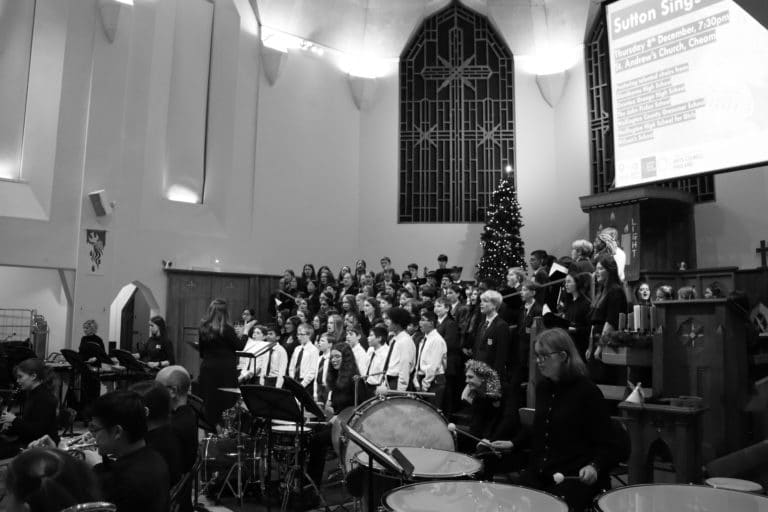

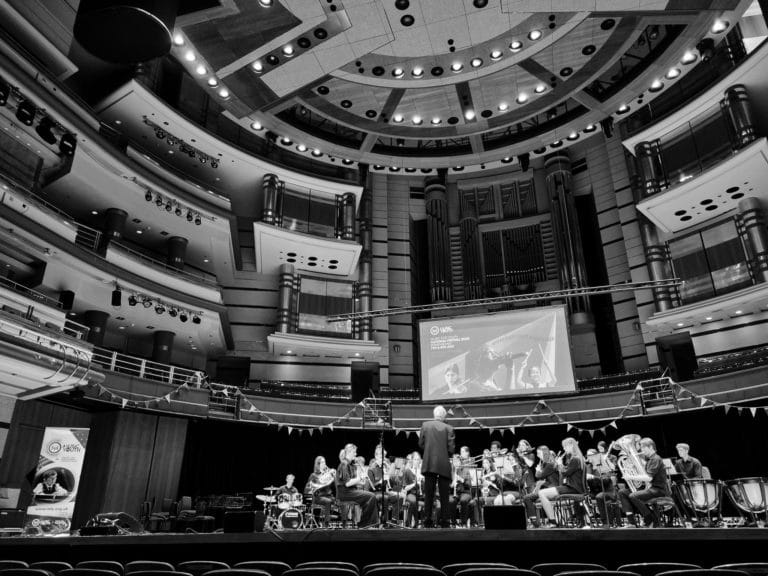
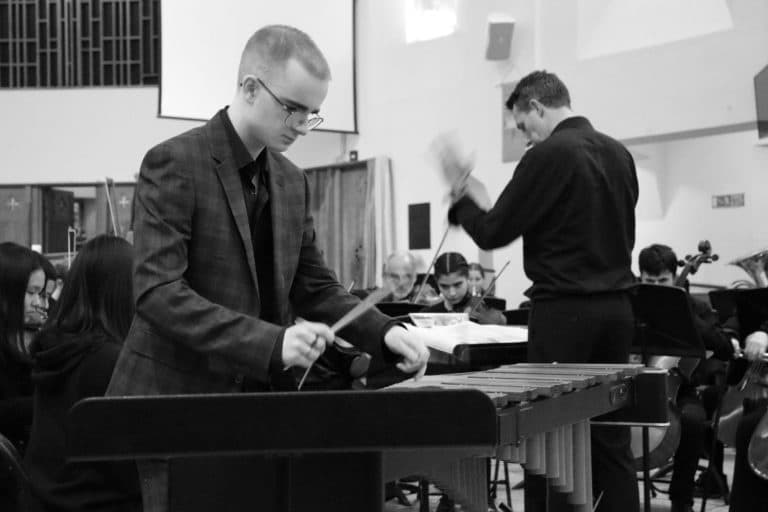
What is the final argument you have developed about the issue?
The lack of diversity is not just an ethical and moral issue, but it is also having a detrimental negative effect on the progression of the art form itself. Diverse representation and inclusion consequently enhance the potential for innovation and creativity to thrive. Moreover, the barriers faced by non-white musicians, including implicit biases in hiring practices and the lack of role models for younger musicians, further deepens this exclusion. Without diverse representation younger aspiring musicians struggle a lot more in accessing the field.
However, there is progress seen today with successful initiatives like the Chineke! Orchestra which demonstrates that change is possible. This organisation has positively impacted hundreds if not thousands of lives, including my own. It actively supports non-white musicians which consequently enhances the rich cultural tapestry of the classical music community. Chi Chi Nwanoku established the Chineke! Foundation in 2015 and continues to inspire musicians today.
In conclusion, addressing the lack of diversity in Western Classical Music is a collective responsibility. It requires the conscious effort to challenge existing biases, implement inclusive measures, and create a supportive, uplifting environment where all are welcome. Only through such deliberate efforts can classical music embrace its full potential as a diverse and inclusive art form, ensuring its vitality and relevance in the years to come.
Find out more!
Click here to read the Arts Council Equality and Diversity report from 2016.
Click here to find out more about the Gold Arts Award.
#MakeMusicWithUs


